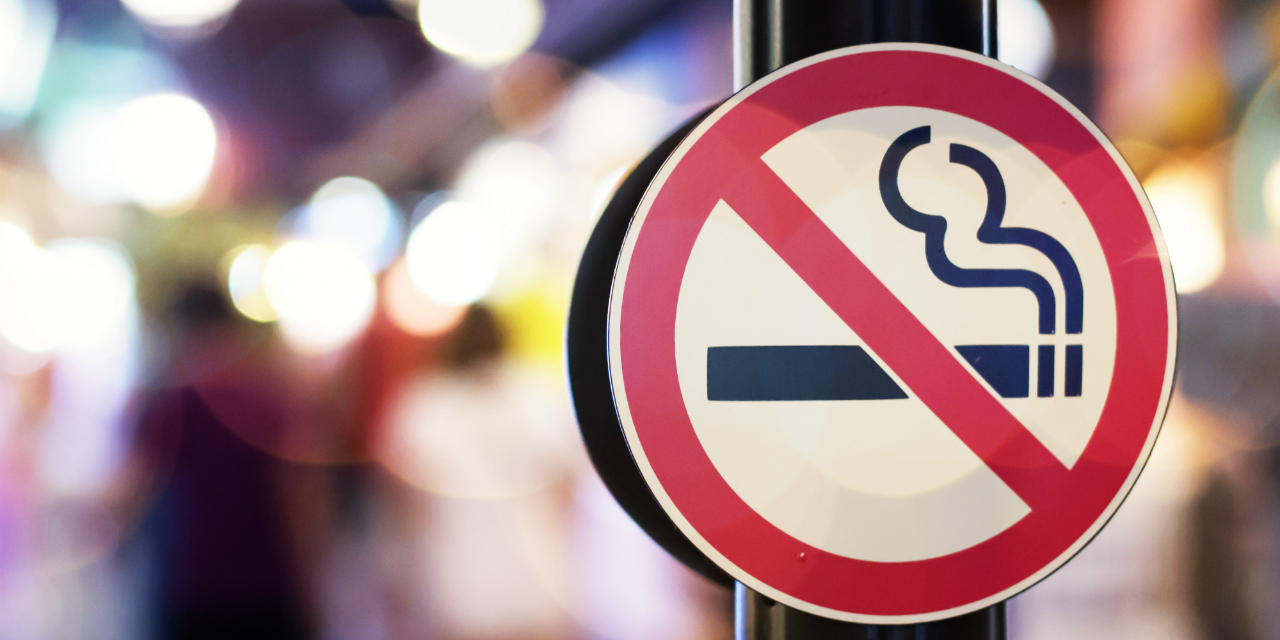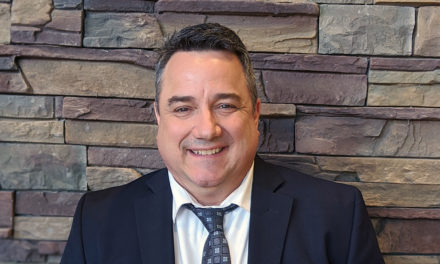Making the decision to quit smoking can have a profound affect on your life. You’ll live longer, save money, and keep your family and pets healthy. Not only that, but you’ll feel more confident as the physical effects of smoking begin to fade.
You’ve probably heard these reasons before, and you may have tried to quit in the past. Don’t give up yet! With the right resources, you can quit smoking for good.
The number one cause of lung cancer, as everybody probably knows, is smoking. Smoking cessation is the first thing that I discussed with my patients when determining whether or not they should be screened for lung cancer.
Call the New York State Smoker’s Quitline
Karen Hamp, a registered nurse at Kenmore Mercy Hospital, taught a smoking cessation program at Catholic Health for 16 years. In her experience, the most successful people did two things: they used nicotine replacement therapy and they had support in their efforts to quit.
You can obtain both through the New York State Smoker’s Quitline.
The quitline can provide a starter kit of patches or gum that can double your chances of quitting and reduce your symptoms of withdrawal. Their counselors will speak to you about quitting and check in with you on a regular basis to find out how you’re doing and keep you motivated.
What is Nicotine Replacement Therapy?
Nicotine replacement therapy gives you a small amount of nicotine to help you to reduce the symptoms of withdrawal. It can take the form of patches, gum, a nicotine inhaler, and lozenges.
Other Steps to Help You Quit Smoking
1
Get help: Speak to your doctor about smoking cessation
Smoking cessation programs are a great way to access free resources to help you quit smoking, and are often recommended by primary care physicians.
Your doctor may also prescribe Zyban or Chantix to help you curb your urge to smoke.
“Zyban or Chantix can be very effective in helping people to maintain more positivity about the whole process,” said Karen Hamp, a registered nurse and previous smoking cessation educator. “It can be an overwhelming and a frustrating to quit smoking. A lot of people feel like they are losing their best friend. There are so many activities that they associate with smoking that when they quit, it’s like a part of their life is gone.”
Zyban or Chantix, available by prescription only, can help you to maintain a positive outlook.
2
Replace cigarettes with something healthy
After quitting, you might feel the need to have something in your mouth, where the cigarette used to be. Hamp recommends sugar-free hard candy or pre-cut celery sticks or carrot sticks.
If you’re having a craving and you want something to satisfy the oral gratification, you’re not going to stop and cut something up. If you have them already cut up, you can grab those.
3
Reward Yourself
Western New Yorkers smoking around a pack a day, you could actual saving up to $3,650 a year by quitting.
To recognize your hard work and keep up your motivation, use the money that you’ve saved to buy yourself a reward. Plan a trip or purchase that special something that you’ve always wanted.
4
Don’t worry about weight gain
Weight gain is a common concern among those who want to quit smoking, but for some, it’s unfounded.
“Not everyone gains weight when they quit smoking,” said Registered Dietitian Deborah Richter, who provides nutritional counseling at Sisters of Charity Hospital, St. Joesph Campus.
“On average, people who quit smoking only gain 10 pounds,” said Richter, “A person would need to gain 100-150 pounds after quitting to make the health risk as great as with continued smoking.
Those most likely to gain weight are people who have smoked for 10 to 20 years, more than one pack per day.
The Bottom Line to Quitting
Quitting smoking is one of the most beneficial things that you can do for yourself and your family. If your efforts in the past have failed, make sure that you have both a support system and nicotine replacement therapy.
Call the New York State Smoker’s Quitline to put yourself on the path to success. Speak to your doctor about your plan, and don’t forget to reward yourself for a job well done.
Learn About New York State Smoker’s Quitline
Visit nysmokefree.com
-or-
Call 1-866-697-8487
Learn About New York State Smoker’s Quitline
Visit nysmokefree.com
-or-
Call 1-866-697-8487





